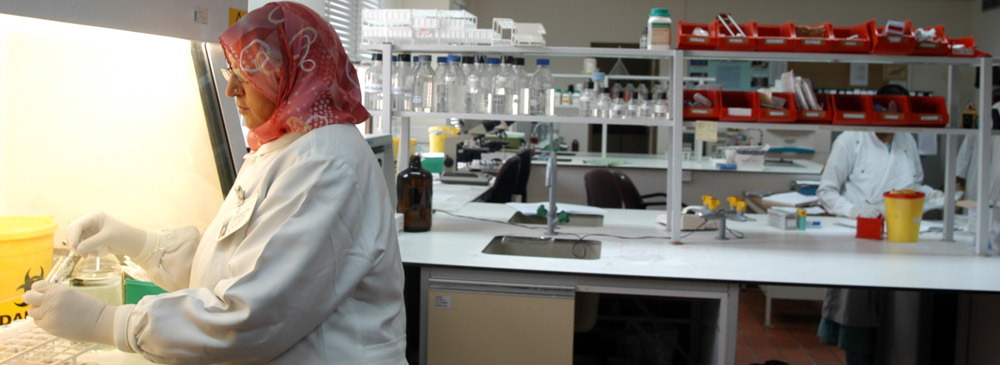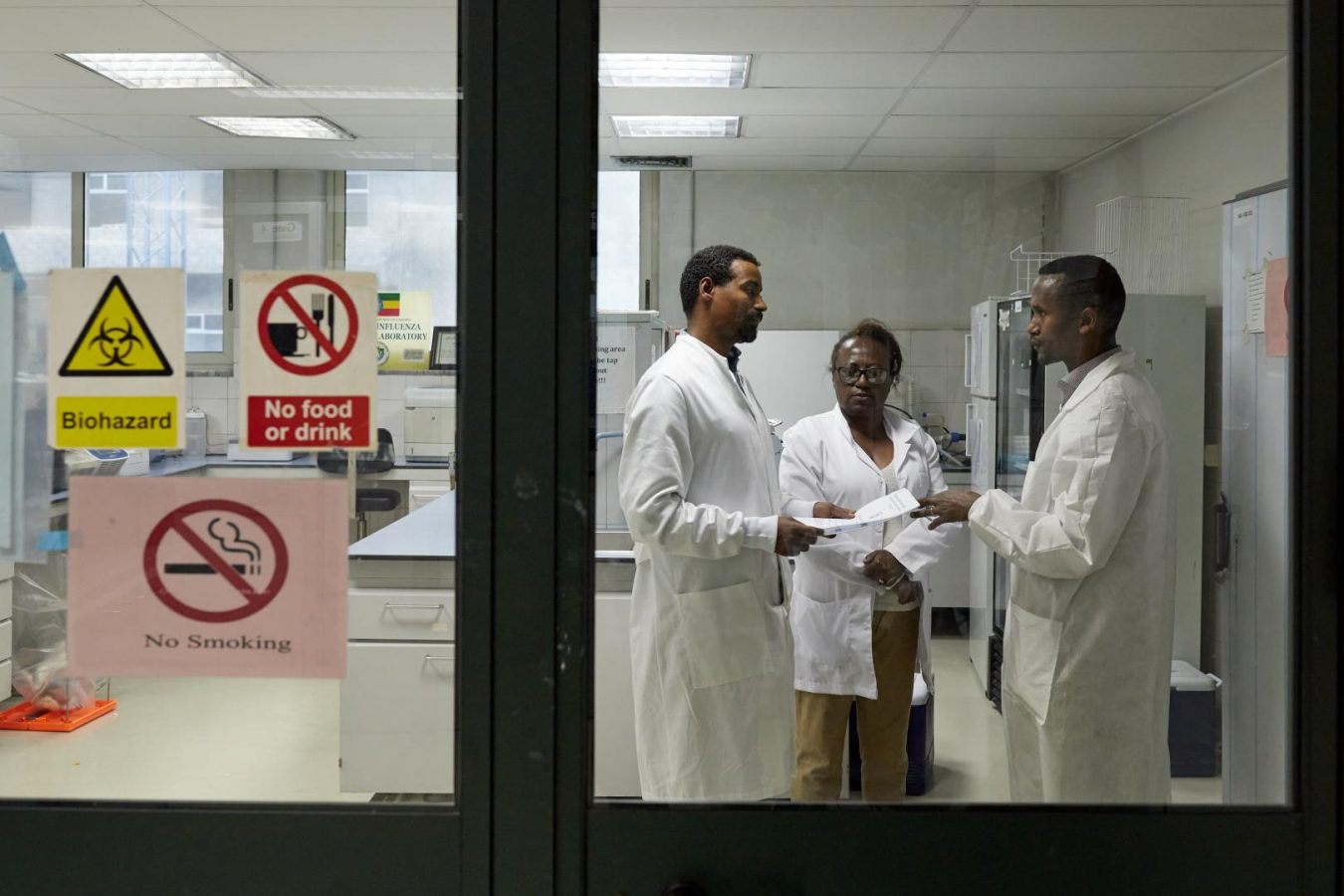In the wake of a global pandemic, some media are broadcasting what seems to be a false hope for the tourism industry. Tornos News, for one, is sharing the headline “Good news for Greek tourism: Warm weather may kill the new coronavirus.” According to their twist on a Nikkei Asian Review story, COVID-19 spread MAY burn itself out in the summer in the same way the SARS epidemic in 2003 did. However, while warmer temperatures may indeed wipe out the virus, the real science is not in. What the research does show is a wider spread of the disease owing to certain unique traits of COVID-19.

A report from Nikkei Asian Review notes that U.S. President Donald Trump, along with a handful of scientists are also speculating that the coronavirus will not survive long in warmer environments. Zhong Nanshan, a top Chinese respiratory expert who became famous for his role in the 2003 SARS epidemic, said on Monday that he expects the number of new cases to peak in late February. Still, the news is not as positive as the Tornos News rehash suggests. The only certifiable good news so far is that the COVID-19 death rate is less than that of previous strains.
Meanwhile, authorities in Austria have locked down the Grand Hotel Europa as guests and staff are under quarantine in an effort to control the COVID-19 spread. Another hotel in the Canary Islands has gone on lockdown after one of its guests tested positive for the new coronavirus. Spanish authorities put more than a 1,000 people on lockdown at Hotel H10 Costa Adeje Palace on the island of Tenerife. Here in Greece hospitality industry professionals are fearful of a horrendous effect on their businesses. And the people on the street are scared.
This report from The Atlantic warns that most people may end up with this virus. Harvard epidemiology professor Marc Lipsitch says that “the likely outcome is that it will ultimately not be containable,” referring to efforts to protect the public from COVID-19. This is because, unlike more deadly virus strains, the new coronavirus does not induce severe symptoms from the start, and it does not kill as often. This makes it hard to identify in the early stages, which allows for the wider spread.
Wang Chen, a respiratory expert at the Chinese Academy of Engineering, told state broadcaster CCTV that appropriate quarantine measures combined with warm weather will assist curb the spread. Scientists are hoping for a scenario like that of the 2003 SARS outbreak, where every rise of 1 degree Celsius in Hong Kong, where the virus killed almost 300 people, the number of confirmed cases declined by 3.6. The SARS outbreak lasted nearly eight months.
However, differences between SARS and COVID-19 make it difficult to predict the resilience of the new virus. Unlike SARS, which can only infect others by patients with a fever, people with COVID-19 can spread the disease without exhibiting any symptoms, making it much more difficult to control the outbreak.

So far, Italy, Iran, and South Korea are among the countries reporting the fastest growing numbers of detected COVID-19 infections. Meanwhile, other countries have responded with containment attempts, and many are considering banning travel, closing down cities, and even hoarding resources. Experts now say that every country will likely face tackling the ill effects of a COVID-19 spread.
This, just in, the coronavirus has now infected 80,238 and there have been 2,700 deaths. The Centers for Disease Control (CDC) in Atlanta, Georiga, USA now warns Americans to prepare for “disruptions.” To make matters worse, experts at Harvard’s Kennedy School – Belfer Center now say COVID-19 may indeed trigger a global economic recession.
We recommend that everyone keep up to date via the CDC, local authorities, and information provided by the World Health Organization. Here is the latest situation report from WHO as of yesterday.
[…] that could end up stifling industry growth. The latest refugee situation coupled with COVID-19 fears could slam on the brakes of Greece’s recovering economy. […]